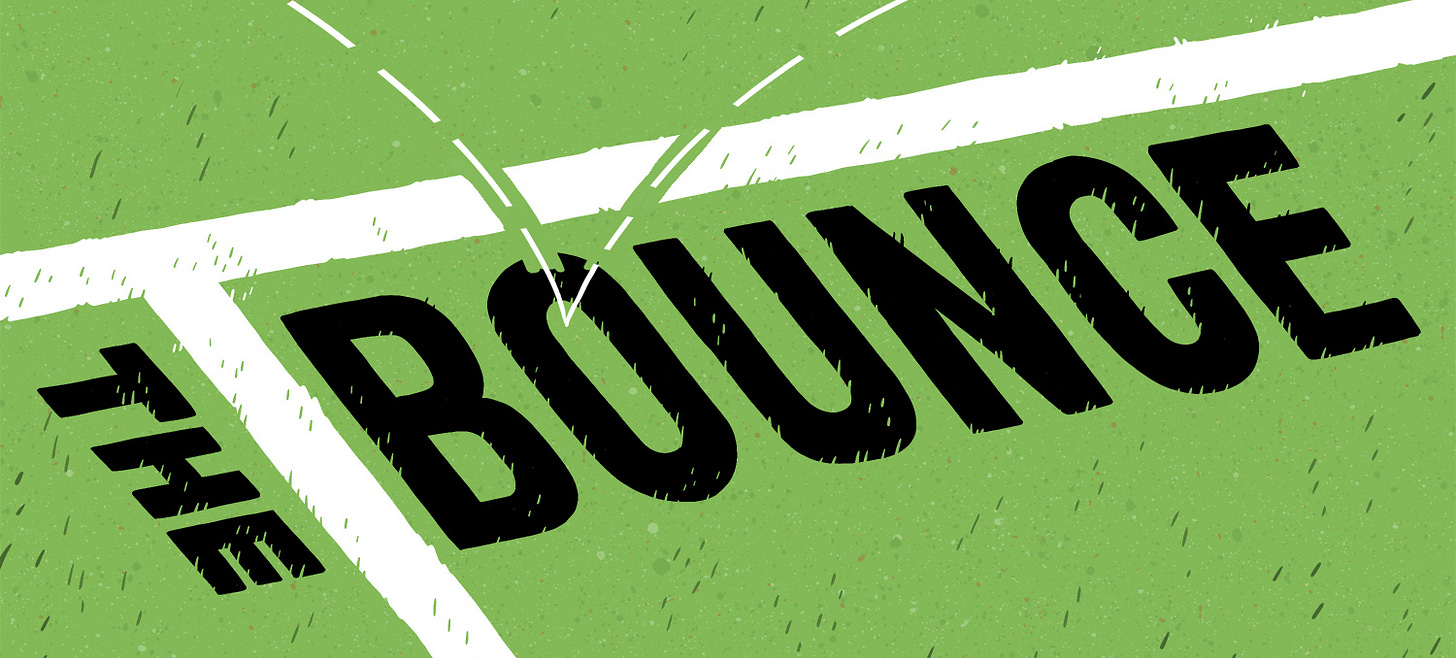'We now have a meaningless comp'
A correspondent vents, PLUS: The Week that Was and the Weekend That Will Be.
A piece of correspondence dropped on my desk this week that grabbed my attention.
It was written in response to my Wednesday newsletter that questioned the decision to remove the New Zealand arm of Super Rugby Pacific from a South Island bubble just as Omicron was really starting to make its presence felt in the North Island - a move that has led us to a…
Keep reading with a 7-day free trial
Subscribe to The Bounce to keep reading this post and get 7 days of free access to the full post archives.




